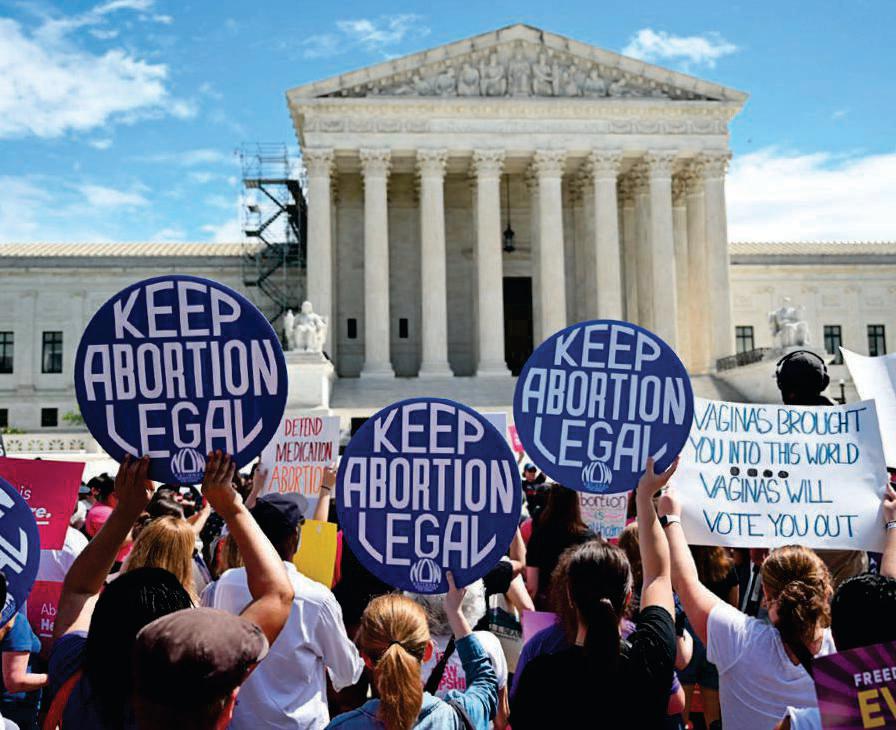“This is new territory,” Hinkley says. “Shield laws were a tool that states have been using in response to a change in how abortion rights are treated in the country. When there was still a federal protected right to abortion, states did not have to be concerned about whether a provider in their state was going to be criminalized for providing abortion care to a patient or resident of another state, because states couldn’t criminalize that care. There was a right to abortion; there were guardrails that were federally protected.”
Of the 18 states that have shield laws, eight of them—including New York—provide protections for doctors who prescribe abortion pills through telemedicine to patients in other states, according to Rachel Rebouché, dean and professor at Temple University Beasley School of Law. About 63% of all abortions in the formal American health care system in 2023 were medication abortions, but antiabortion activists and lawmakers have been attempting to restrict access to the pills.
After the Supreme Court overturned Roe, the Biden Administration made efforts to increase access to abortion pills by allowing them to be prescribed via telehealth and received via mail, but reproductive-rights advocates are concerned that the Trump Administration will roll back those efforts. Hinkley says telemedicine abortion has been “a lifeline” for many people who live in states that have banned or restricted abortion.
Now, shield laws are being tested through two legal challenges in Texas and Louisiana. The attorney general of Texas, which has a near total abortion ban, filed a civil suit against New York–based Dr. Marga...


